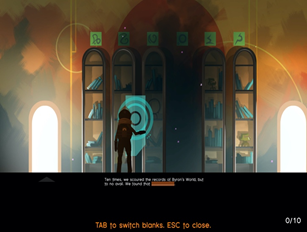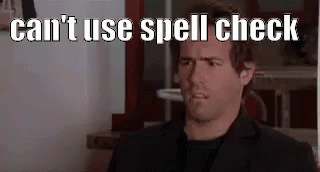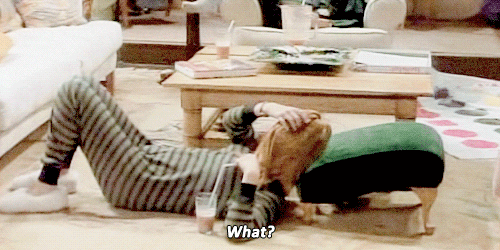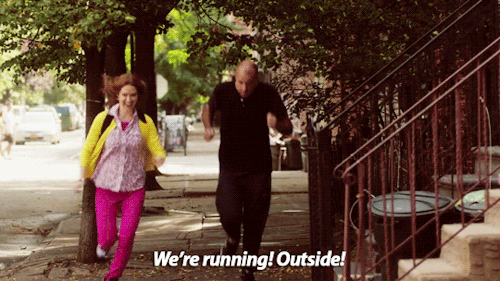Written by Daehyun Won
Most writers, including myself, when writing something academic or creative, face writing anxiety during the process. Ironically, it’s when we need our creativity the most when that anxiety hits – when we pour over a sentence or passage for far too long. In those situations, our brains blank and become full of muddy sufferings. I remember a tough day last semester when I could only write five clumsy sentences. Those clumsy sentences took all of my energy that day.
Fortunately, we’re not alone in this problem. Famous, full-time writers struggle with writer’s anxiety. Van Wyck Brooks wrote in Opinions of Oliver Allston:
“No work this morning. My brain feels like an old sponge, battered by the waves and rocks of dozens of winters. In thirty years of writing, I have not gained an ounce of confidence. I begin each new book (as I have probably always begun, although I never remember it) with a sense of impotence, chaos and desperation that cannot be overstated. I always feel that I am foredoomed to failure.”
“Notebooks of the Mind: Explorations of Thinking” by Vera John-Steiner
Writer’s anxiety can come at any time to anyone.
The burden of creativity is the major factor that weighs on, pushes down, and blocks that creativity. Yes, the anxiety is all about creativity. Jeff Goins suggests various solutions to writer’s anxiety – to alleviate and ultimately defeat it; they include activities like walking, doing a puzzle, changing your environment, listening to music, calling someone, etc.
The most effective solution he suggests, however, is freewriting. This is meant to shifting the burden of creativity to the joy of creation. By freewriting, we can take the muddy sufferings as they come and put them on the page as part of the process.
For those who love video games like me, there is a perfect answer to writer’s anxiety: Elegy for a Dead World, the creative writing video game. This unique game is aimed to stir a writer’s inventive thinking. Throughout explorations of exotic, cosmic worlds, players write possible stories in given situations. What the player writes then becomes the game’s narrative – ultimately becoming the game’s creative ending.
The game’s interface is simple – not imposing or burdensome on the player. In certain places, spaceship-like writing pods with prompts appear in which the player fills in the blank with their imagination. The writing is not bound to a specific genre. Users can write down anything, such as a haiku, long-form poem, short fiction, etc. This creates the perfect setting for free writing as well as a great way to stimulate the player’s creativity.
You are a lone astronaut in a sci-fi world. This solitary situation provides an opportunity to contemplate and imagine your own plot. The player’s creativity is connected to various visual interactions with vivid surroundings. To assist visual learners’ in overcoming their writing block, these imaginative visual elements are helpful in disturbing a resting creativity. The most fascinating part of this game is its communal component. Players can share their stories with the game’s online community.
Writer’s anxiety might not be defeated flat out, but it can definitely be soothed so that creative writing is again fun and imaginative. It’s important to build confidence in your writing, so that you can defeat writer’s anxiety when you encounter it next.
For the game trailer:
References
“Elegy for a Dead World – A Game About Writing.” YouTube, uploaded by GameSpot Trailer, 30 Sep 2014, www.youtube.com/watch?v=QRXp-VfMOF0.
Elegy for a Dead World, Dejobaan Games, LLC, 2014.
“Elegy for a Dead World.” Steam, Valve, 2014, store.steampowered.com/app/252290/Elegy_for_a_Dead_World/.
Goins, Jeff. “How to Overcome Writer’s Block: 14 Tricks that Work.” Goins, Writer, GoinsWriter, n.d., goinswriter.com/how-to-overcome-writers-block/.
John-Steiner, Vera. Notebooks of the Mind: Explorations of Thinking. Oxford University Press, 1997.










:max_bytes(150000):strip_icc():format(webp)/black-bean-vegetarian-chili-sweet-potatoes-3377973-hero-01-5c3bfed8c9e77c0001ddd5fd.jpg)




